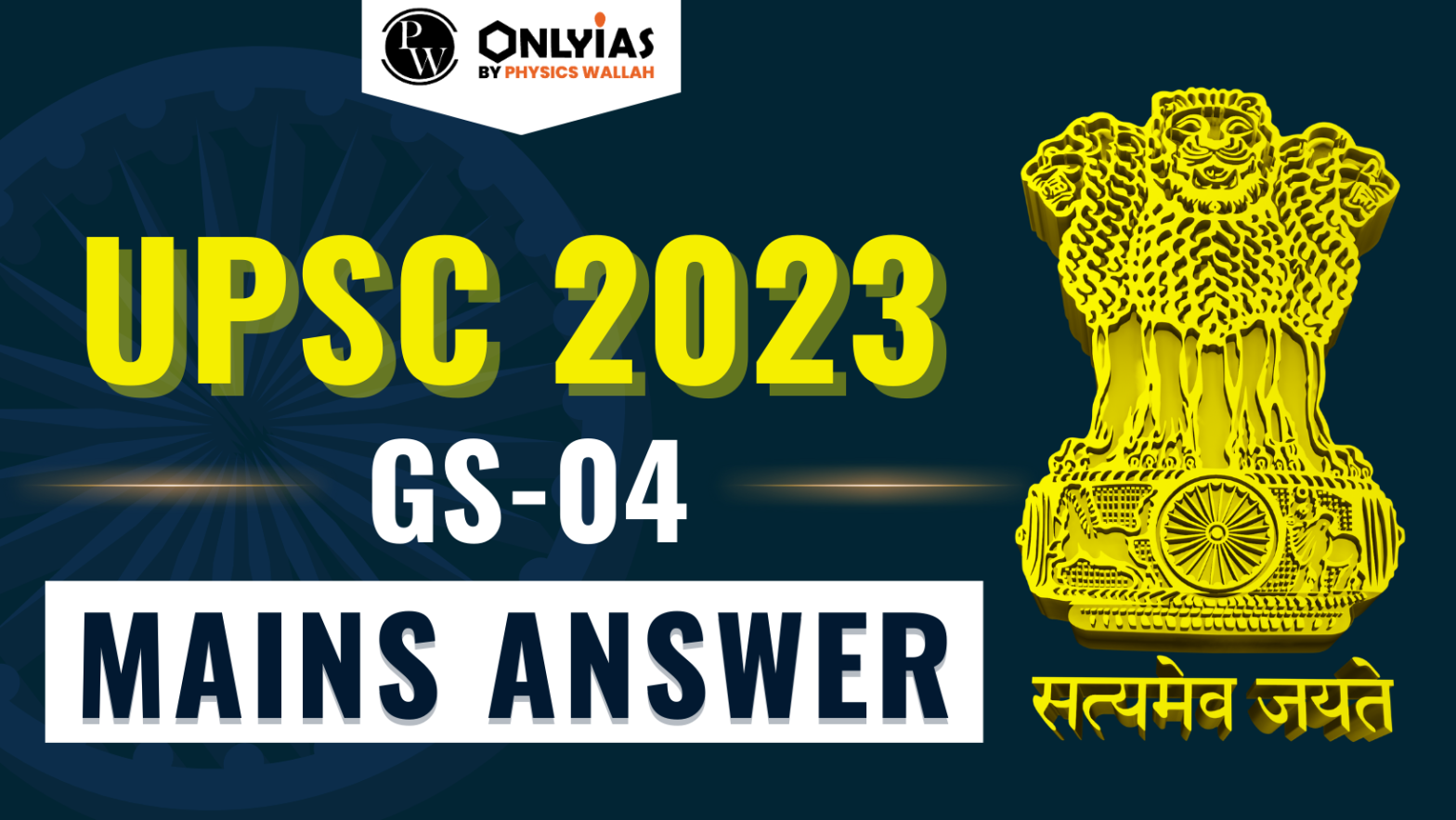Conscience vs. Law: Moral Compass or Rule Book? UPSC explores the role of conscience and legal frameworks in ethical decision-making. #UPSC #Ethics #MoralDilemma

Q5a. Is conscience a more reliable guide when compared to laws, rules and regulations in the context of ethical decision-making ? Discuss.
Ans:
Introduction
Conscience, emphasised by thinkers like Socrates, serves as an intrinsic moral compass, guiding individuals in ethical judgments and actions, such as offering immediate assistance to an accident victim. On the other hand, laws, rules, and regulations are structured frameworks established by authorities to regulate behavior, maintain social order, and ensure justice within a community, exemplified by traffic laws governing speed limits and driving rules to uphold road order.
Body
Reliability of Conscience:
Limitations of Relying Solely on Conscience:
Conclusion
To navigate the complexities of ethical decision-making, individuals should consider both their conscience and legal standards, adhering to democratic ethics rooted in both conscience and laws, as advocated by leaders like Jawaharlal Nehru. This balanced approach ensures that personal morality aligns with societal norms, fostering a just and responsible society.
| ExtraEdge:
Need for Laws, Rules, and Regulations:
|
| For a Detailed explanation of the UPSC GS-01 Mains question 2023, click here.
For a Detailed explanation of the UPSC GS-02 Mains question 2023, click here. For a Detailed explanation of the UPSC GS-03 Mains question 2023, click here. For a Detailed explanation of the UPSC GS-04 Mains question 2023, click here. |
<div class="new-fform">
</div>
